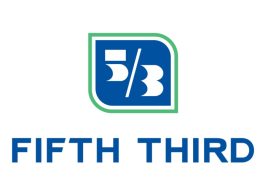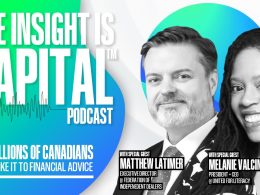by Professor Jeremy J. Siegel, Senior Economist to WisdomTree and Emeritus Professor of Finance at The Wharton School of the University of Pennsylvania
We had a powerful 1-2 punch for lower rates last week that was a major catalyst for the rise in all markets, particularly the equity markets.
The first knock on rates came when Fed Chair Jerome Powell expressed flexibility in the outlook for monetary policy and interest rates. I was encouraged about the discussion around two-sided risks for inflation and economic growth. He did infer upside risks to inflation with another hike a little more likely, but the balanced tone of the discussion was very encouraging.
Second, the jobs data last Friday came in quite weak. I will not call it disastrous, but the tone was very soft. We had over 100,000 of negative revisions to prior months jobs and the October report came in shy of expectations. There was a tick up in the unemployment rate as well as a drop in hours worked, which also shows softness. With over 150 million workers in the U.S., a one-tenth decline of hours worked equates to around 450,000 jobs lost. Earlier in the week we also had a very soft ISM report on manufacturing.
This slate of weakening economic data solidifies another pause from the Fed at the December meeting unless something extraordinary happens in the coming weeks. The official inflation data is likely to be sticky but the weakness in the economy should dominate the concern that inflation is not falling fast enough.
I think it is very possible we saw the top of rates when the 10-year Treasury yield broached 5%. We had a meaningful pull back in the TIPS yields from over 2.5% for the 10-year back towards 2%.
The reaction in the equity markets was very positive all week. With concerns of a slowdown for the economy, why such a vigorous rally? The discount rate used in valuing cash flows from companies dominated the concern that a slowdown in the economy would lower profits. I do not see us going into a deep recession that would cause earnings to fall meaningfully. Actually, the earnings for this quarter have come in quite well, beating expectations. There may be some slow down, but many parts of the markets are priced for a slow down or even a mild recession. Last Friday’s gains were led by the most beaten down small cap stocks. Small caps have been the most punished by higher interest rates, as some of these companies are reliant on bank loans that faced the re-setting of higher borrowing costs. The relief on interest rates spurred small banks and other borrowers meaningfully.
Powell made a widely quoted statement at his press conference “we're not even talking about dropping rates.” I think at the December meeting they will be talking about dropping rates in the future. The deposit growth rates that are reported weekly from commercial banks have been weak. Money supply has weakened as well. My opinion is the Fed needs to think about lowering rates and the narrative will start to pivot. 2024 is an election year, and the pressures are growing with the unemployment rate rising. A number of real estate related industries are calling Washington and complaining about the restrictions the Fed is placing on the economy.
This is not to say that the Fed will do anything right away. But the flexibility in Powell’s remarks seems to admit (at least my interpretation) that the Fed will not stand firm if the data continues to weaken.
In short, I am bullish on equities going into the end of the year and for 2024. Productivity growth is alive and well. This was one of the disappointing features of Powell’s press conference when people noted the surprising GDP growth in the third quarter—he did not attribute it to the surging productivity. Outside of the pandemic, this latest quarter’s productivity rate was among highest in the last two decades. This is partly a rebound after a very disappointing productivity fall in 2022 and I think more of this rebound can still occur.
Workers might be working harder so they cannot be laid off; the era of “do nothing, the boss can’t fire me" is over. I think a continued growth of productivity, that also comes from recent artificial intelligence applications, can offset the softening of demand and help us avoid a recession and support the profit outlook.
Last week was big for the markets. If the interest rate environment remains as supportive as I see it, we will see a continued bright outlook for equities.










